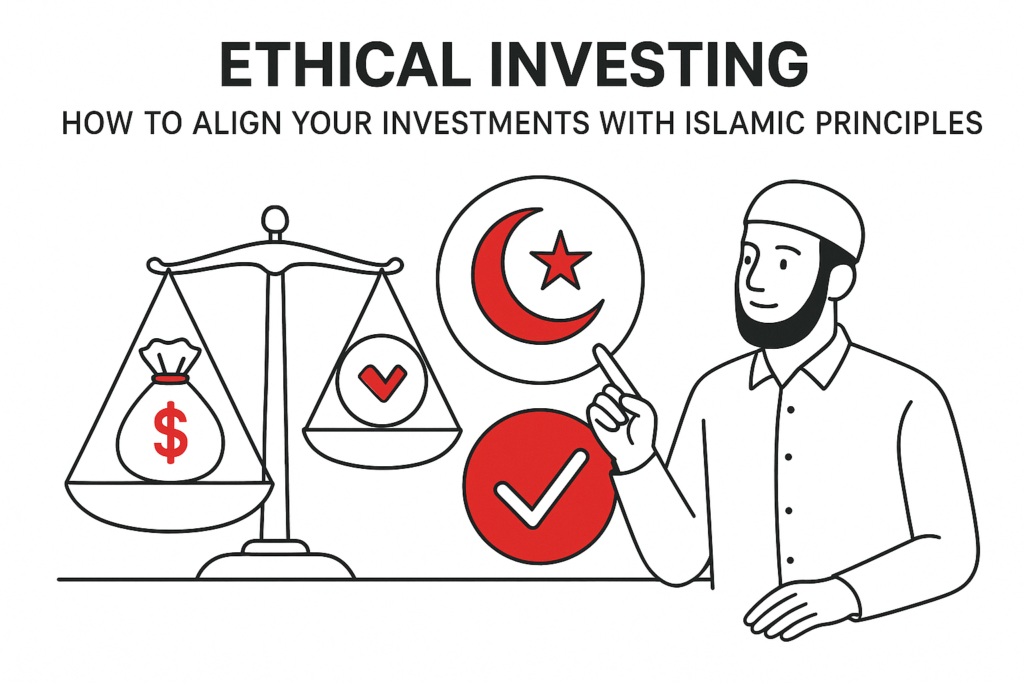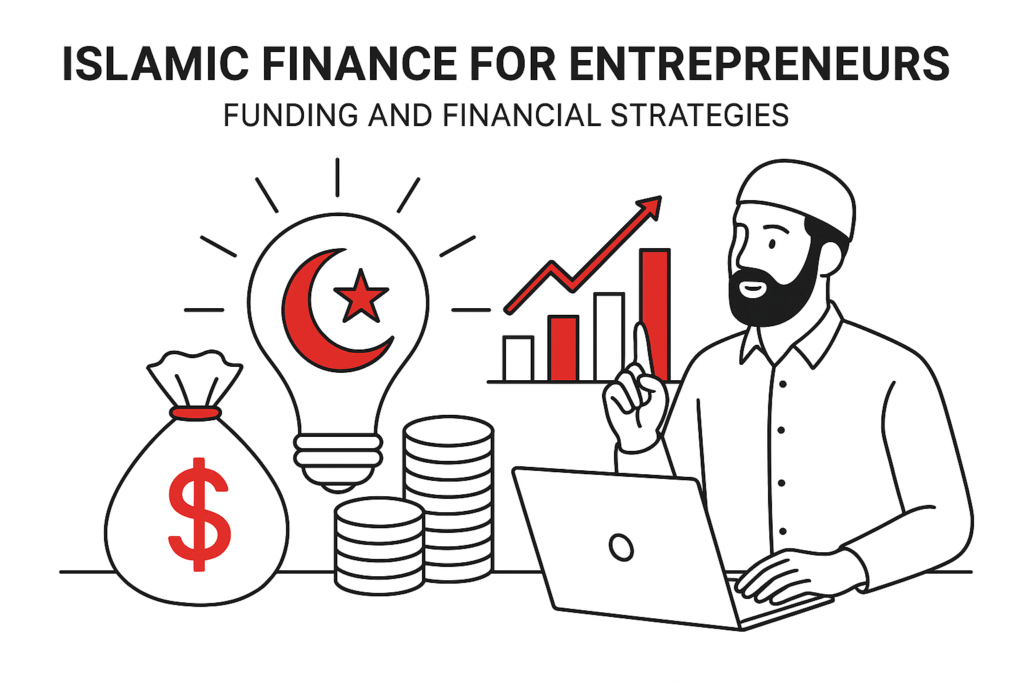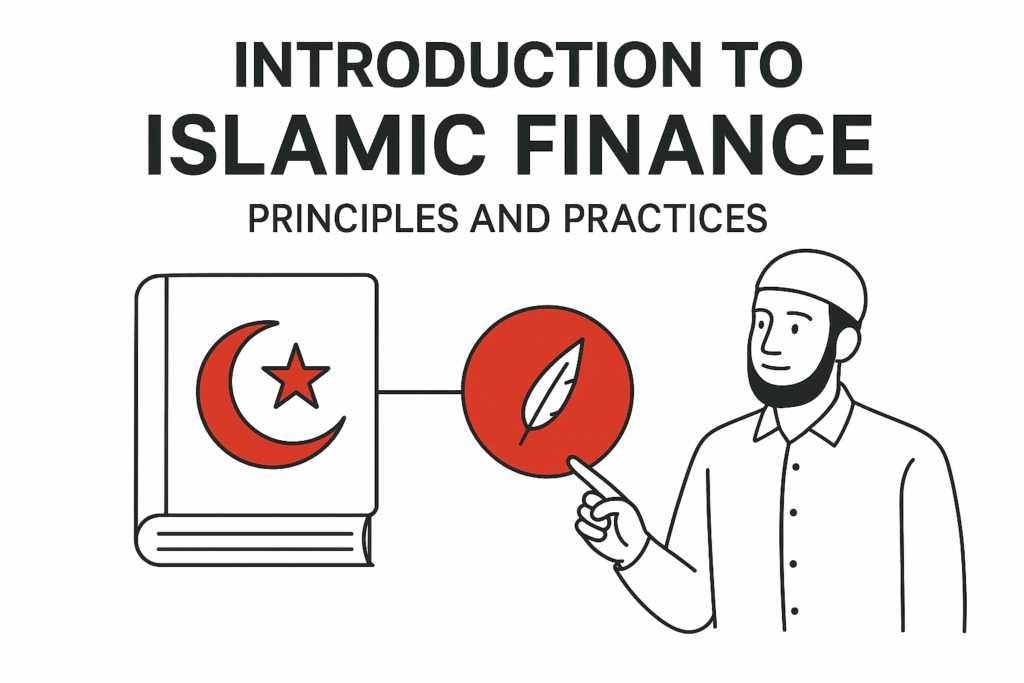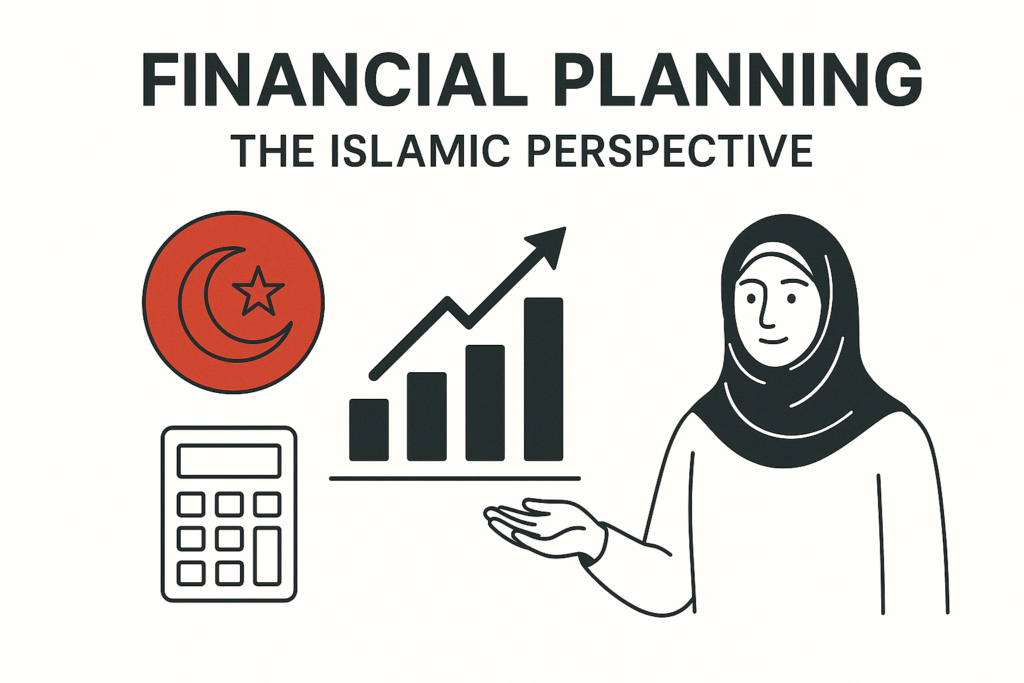Ethical Investing: How to Align Your Investments with Islamic Principles

In recent years, ethical investing has gained significant traction among investors seeking to align their financial decisions with their moral and ethical values. For Muslims, this means ensuring that their investments comply with Islamic principles, also known as Shariah-compliant investing. This blog post will explore the key concepts of Islamic ethical investing and provide practical tips and strategies to help you align your investments with these principles.
Understanding Islamic Ethical Investing
Islamic ethical investing is guided by the principles of Shariah, which emphasize justice, social welfare, and the prohibition of certain activities. Here are the fundamental principles:
- Prohibition of Riba (Interest):
- Riba, or interest, is strictly prohibited in Islamic finance. Instead of earning interest, Muslims are encouraged to engage in profit-sharing arrangements, where returns are based on actual business performance.
- Avoidance of Haram (Forbidden) Activities:
- Investments must avoid businesses involved in activities considered haram, such as alcohol, gambling, pork products, and conventional banking.
- Gharar (Excessive Uncertainty):
- Islamic finance prohibits excessive uncertainty and speculation. Investments should be made in ventures with clear, transparent, and understandable risks.
- Zakat (Charitable Giving):
- Muslims are required to pay zakat, a form of almsgiving, on their wealth. Ethical investing also involves considering the social impact of investments and contributing to the welfare of society.
Tips and Strategies for Ethical Investing According to Islamic Principles
- Invest in Shariah-Compliant Funds:
- One of the easiest ways to ensure your investments align with Islamic principles is to invest in Shariah-compliant mutual funds or exchange-traded funds (ETFs). These funds are managed according to Shariah guidelines and are overseen by a board of Islamic scholars.
- Conduct a Business Activity Screening:
- Before investing in individual stocks or companies, conduct thorough research to ensure they do not engage in haram activities. Look for companies involved in ethical business practices and those that contribute positively to society.
- Focus on Profit-Sharing Models:
- Consider investing in businesses through profit-sharing models like Mudarabah (profit-sharing) or Musharakah (joint venture). These structures align with the principle of risk-sharing and ensure returns are based on actual business performance.
- Utilize Islamic Financial Institutions:
- Islamic banks and financial institutions offer various Shariah-compliant investment products, such as Sukuk (Islamic bonds) and Ijarah (leasing). These institutions can provide guidance and options that comply with Islamic principles.
- Diversify Your Portfolio:
- Diversification is a key strategy in ethical investing. Spread your investments across different asset classes and industries to minimize risk and ensure compliance with Shariah principles. Consider sectors like healthcare, technology, and renewable energy, which often align with ethical standards.
- Regularly Review Your Investments:
- Islamic ethical investing is not a one-time task. Regularly review your investment portfolio to ensure ongoing compliance with Shariah principles. Stay informed about changes in the companies you invest in and adjust your portfolio as necessary.
- Engage with Islamic Scholars and Advisors:
- Seek advice from Islamic scholars and financial advisors who specialize in Shariah-compliant investing. They can provide valuable insights and help you navigate the complexities of ethical investing.
- Consider Socially Responsible Investments (SRI):
- Many socially responsible investment (SRI) options align with Islamic principles. These investments focus on environmental, social, and governance (ESG) criteria, promoting sustainable and ethical business practices.
Ethical investing according to Islamic principles is a powerful way to align your financial goals with your moral and religious values. By following the tips and strategies outlined in this post, you can build a portfolio that not only generates returns but also contributes positively to society and adheres to Shariah guidelines.
At Marifa, we are committed to providing education and resources on Islamic finance and ethical investing. Explore our courses and resources to deepen your understanding and make informed investment decisions that align with your faith.






Responses